Having trouble convincing someone to go camping with you? What if you could prove to them that camping is not only fun, but also great for boosting your mood, lowering stress, building relationships and generally improving your overall health!
Well, I’ve put together this list of the 8 major benefits of camping! Shoot it off to your friends that are having trouble finding the motivation to leave their creature comforts behind and go camping with you!
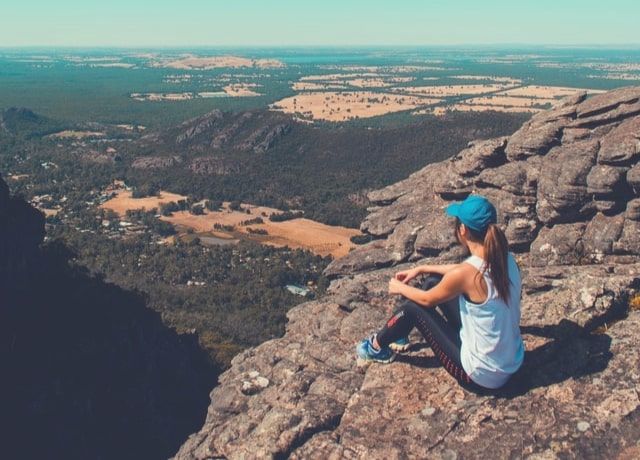
Fresh Air
Getting some fresh air in your lungs not only feels great, it does wonders for your health too. Compared to air in the city, fresh air out in nature is higher in oxygen and lower in pollutants.
Research from the Heart & Lung Research Institute (1) found that long-term exposure to pollutants can increase the risk of high blood pressure. Getting some fresh air out in nature can reduce your exposure to these pollutants.
Research has also found a link between our gut microbiome (the bacteria living inside us) and the quality of the air we breathe (2). Getting out into nature and breathing in some fresh air exposes us to a wide variety of different bacteria that can in turn improve our digestion.
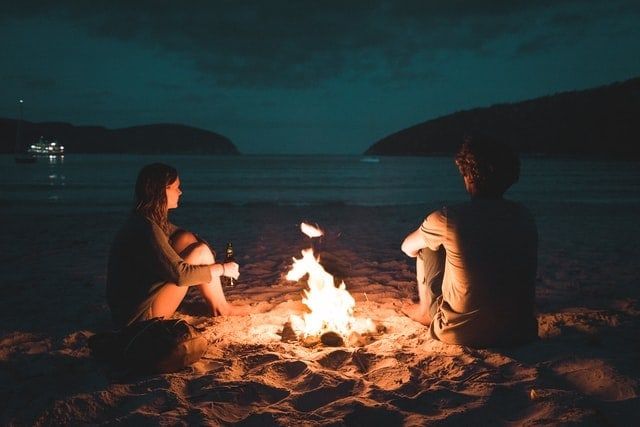
Socialisation
Going camping gives you a chance to spend quality time with your friends and loved ones, build stronger relationships with them, and forge memories that you can carry with you for the rest of your life.
Being away from your electronic devices and the incessant demands of day to day life means that you can reconnect with those who are most important to you in a more meaningful way.
Have deeper conversations about the things that matter to you, without one eye on your smartphone the whole time.
Even better, research out of the School of Public Health at Harvard has found that improved socialisation actually improves your memory and delays the onset of Alzheimer’s and other memory related diseases (3).
Other research has shown that socialisation can even extend your lifespan!
For me, improved socialiation and better relationships is one of the most important benefits when it comes to camping. It's a fantastic way to reconnect with the whole family, and it's for this reason that I highly recommend it as something that families do together on the school holidays.
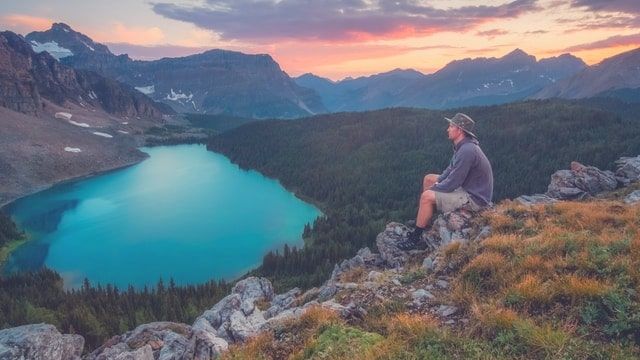
Improved Mood
By going camping or caravanning, we remove ourselves from the day to day environment, where many of us are trapped by a never ending list of jobs that need doing.
Our smartphones, tablets and laptops force us into a state of being ‘always on’, with work emails and notifications pinging in at all hours of the day or night, reminding us of even more tasks that need doing (did you know that your car needs servicing and you also are due for a dental check up this week?!).
Getting out into nature gives us a chance to change our environment and disconnect ourselves from the humdrum of daily life.
This can massively boost your mood and general outlook on life. As I mentioned earlier, you will also be getting more fresh air and socialising with your friends and family, which helps to further boost your mood.
Put simply, camping makes you happier.
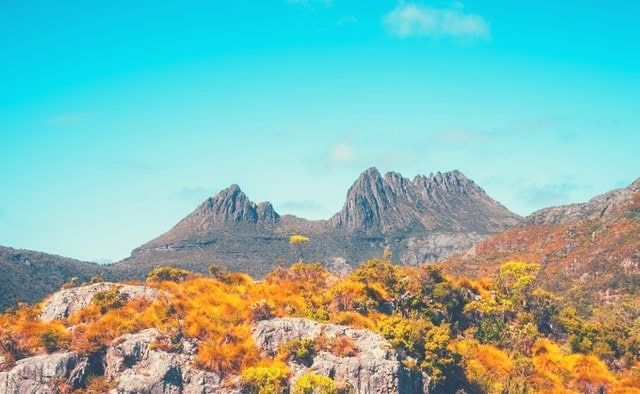
Less Stress
The European Heart Journal (4) has found that chronic stress increases the risk of heart disease and shortens the lifespan of men.
As well as improving our mood, more oxygen and less use of electronic devices helps relieve stress.
Research out of Switzerland (5) has shown that being out in green spaces relieves stress and headaches. Doing sport and other physical activity while out in nature has even greater effects.
Regular camping trips in nature can genuinely save your life!
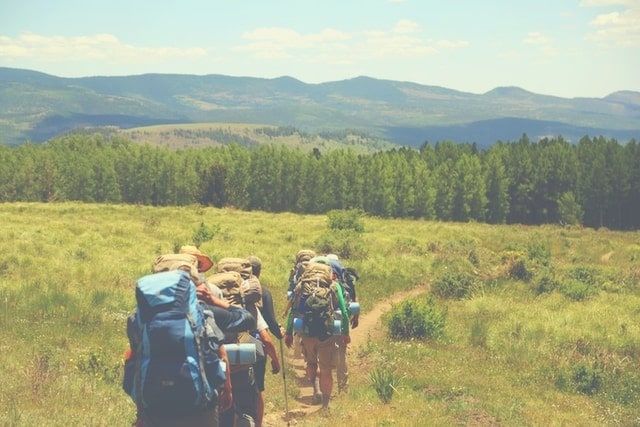
Exercise
Chances are, you’re likely to be more active when you go camping than when you’re at home. Personally, I love going hiking, but others prefer mountain biking, fishing or going for a swim while they are out camping.
You are going to be burning a lot more calories, which is great for losing weight and improving your heart health. As we saw earlier, physical activity in nature relieves stress and helps your heart that way too, so it’s a double win.
Physical activity helps to build and retain muscle mass on your body, which research from the Journal of Gerontology (6) has shown decreases as you age for every year past 40.
Getting outdoors and getting activity keeps your heart healthy and your body strong!
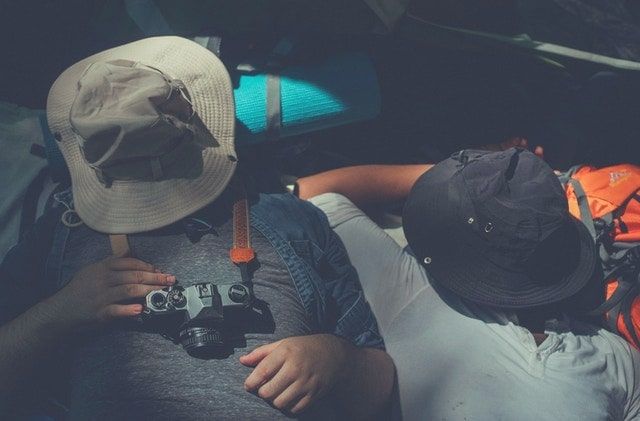
Better Sleep Cycles
Without the constant distraction of our blue-light emitting smartphones (7) and other electronic devices, our sleep cycles (aka circadian rhythm) can return to normal.
After a couple of nights camping, you will notice that you start getting tired when the sun goes down, and start waking up naturally when the sun comes up. You won’t feel so tired when waking up in the morning, and will actually look forward to getting up and making the most of the day.
Doing physical activity on your trip each day will make sure that you are tired each night and will help you drop off into a deeper sleep.
Many people have reported that they retain improved sleep cycles even after returning home from a camping trip. This effect can last for days to weeks.
Lack of sleep and poor sleep quality has been shown to reduce your immune system’s effectiveness and make you more susceptible to disease, as well as increase your likelihood of getting into a car crash, suffering from a workplace related injury or being in a fatal accident (8).
Camping can improve your sleep and your overall health!
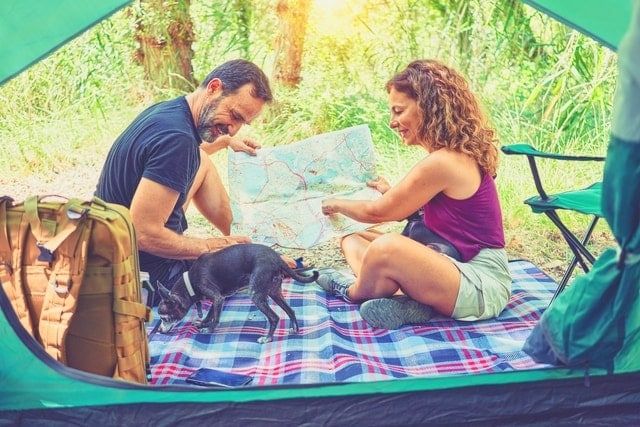
New Challenges and Experiences
Going camping means exposing yourself to an entirely different environment, complete with new sights, smells, experiences and challenges.
Camping is full of new skills to learn (like pitching a tent, fishing, tying knots or campfire cooking) as well as new challenges (like hiking up a mountain, handling hot/cold weather, kayaking in the surf) that provide us with a sense of accomplishment and achievement.
Research out of the USA shows that new experiences like these keep our brains fresh and healthy. Learning new skills in particular forges new neural pathways in our brain.
We also gain confidence by pushing ourselves out of our comfort zone as well as improve our problem solving abilities. Whereas everyday life is fairly predictable, you never know what you'll encounter out in the Australian wilderness.
Constantly challenging yourself and expanding your horizons is key to keeping your brain young and healthy.
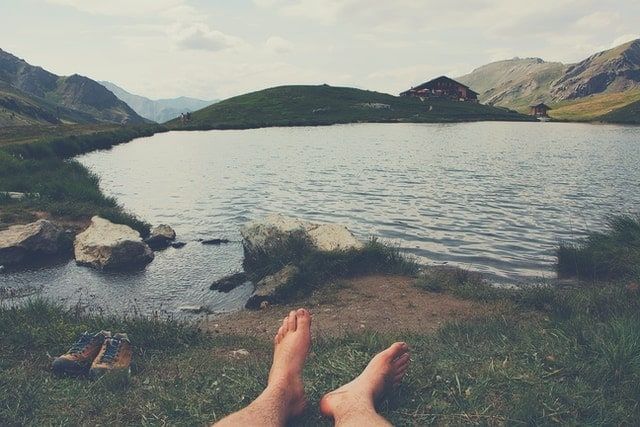
Get Back In Touch With Nature
There is something that is so liberating about feeling dirt and grass beneath your bare feet. We spend so much time wearing shoes and socks that separate our bodies from the Earth below us.
Taking some time to walk around barefoot while camping is very therapeutic and feels great. Much like our hands, our feet are full of nerve endings that can send a ton of sensory information about the ground beneath us, back to our brains.
Some research (9) has also shown that walking barefoot actually electrically ‘grounds’ or ‘earths’ our body and allows for the flow of electrons between our body and the Earth.
Walking barefoot may actually improve our sleep quality and reduce our susceptibility to pain.
Conclusion - Benefits of Camping
As well as being fun, camping has a wide variety of secondary benefits that can improve your overall health.
These range from improved digestion and lower blood pressure, through to better sleep quality and lower risk of heart disease.
Camping can reduce your risk of disease while simultaneously extending your lifespan, improving your interpersonal relationships and staving off muscle mass decline and memory loss.
If that isn’t enough to make you want to go camping, I don’t know what is!
So whether you are planning on doing some hiking or car camping, I recommend that you just get out and do it! Try not to stress about whether your trip will be perfect or if anything will go wrong - just get out there and start having fun!
Finally, when you do get out into the great outdoors, please don't forget to Leave No Trace. Have fun!
References
- 1Brook, Robert D. and Rajagopalan, Sanjay, Particulate matter, air pollution, and blood pressure, retrieved from https://www.sciencedirect.com/science/article/abs/pii/S1933171109001053
- 2Dujardin, Charlotte E. et al. (2020), Impact of air quality on the gastrointestinal microbiome: A review, retrieved from https://www.sciencedirect.com/science/article/abs/pii/S0013935120303789
- 3Ertel, Karen A. et al. (2008), Effects of Social Integration on Preserving Memory Function in a Nationally Representative U.S. Elderly Population, retrieved from https://www.hsph.harvard.edu/news/press-releases/active-social-life-delay-memory-loss-us-elderly/
- 4Öhlin, B et al. (2004), Chronic psychosocial stress predicts long-term cardiovascular morbidity and mortality in middle-aged men, retrieved from https://academic.oup.com/eurheartj/article/25/10/867/567321
- 5Hansmann, Ralf et al. (2007), Restoration and stress relief through physical activities in forests and parks, retrieved from https://www.sciencedirect.com/science/article/abs/pii/S1618866707000623
- 6Kallman, Douglas A. et al. (1990), The Role of Muscle Loss in the Age-Related Decline of Grip Strength: Cross-Sectional and Longitudinal Perspectives, retrieved from https://academic.oup.com/geronj/article-abstract/45/3/M82/672011
- 7Calvo-Sanz, Jorge a and Tapia- Ayuga, Carlos E (2020), Blue light emission spectra of popular mobile devices: The extent of user protection against melatonin suppression by built-in screen technology and light filtering software systems, retrieved from https://www.tandfonline.com/doi/abs/10.1080/07420528.2020.1781149
- 8Luyster, Faith. S et al. (2012), Sleep: A Health Imperative, retrieved from https://academic.oup.com/sleep/article/35/6/727/2709360
- 9Chevalier, Gaétan et al. (2012), Earthing: Health Implications of Reconnecting the Human Body to the Earth's Surface Electrons, retrieved from https://www.ncbi.nlm.nih.gov/pmc/articles/PMC3265077/
This article may contain affiliate links. I will earn a commission if you choose to purchase a product or service after clicking on my link. This helps pay for the cost of running the website. You will not be disadvantaged in any way by using my links.
Note that while every effort is made to ensure the accuracy of the information on this page, there may sometimes be errors. Check all specifications with the manufacturer before purchasing any product.

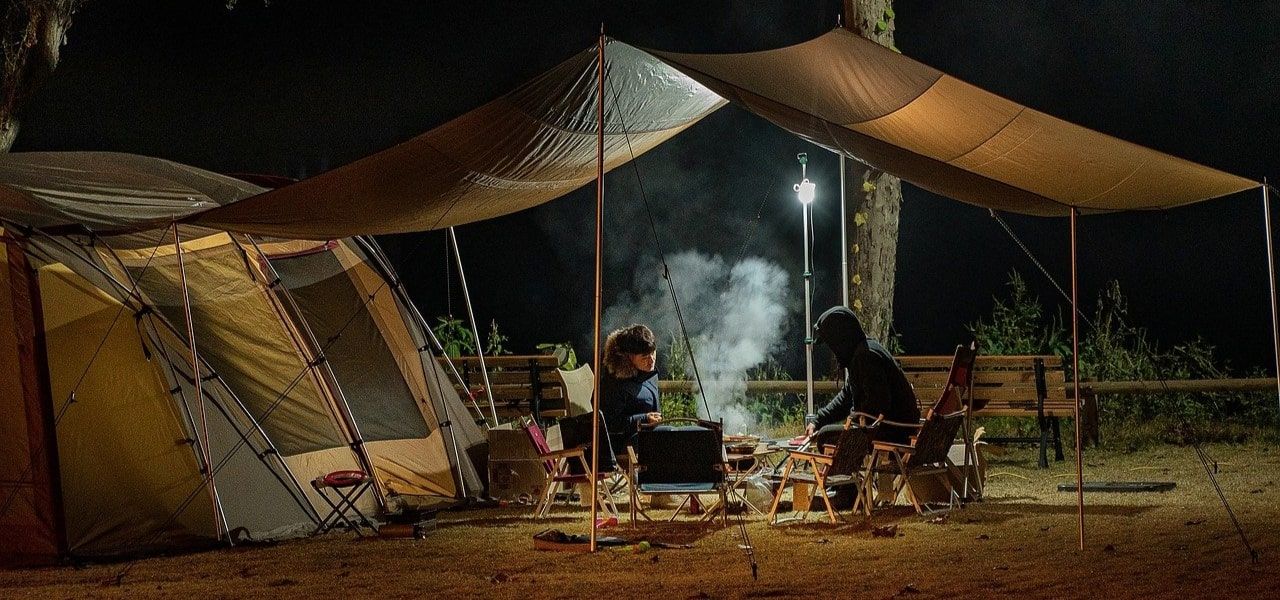
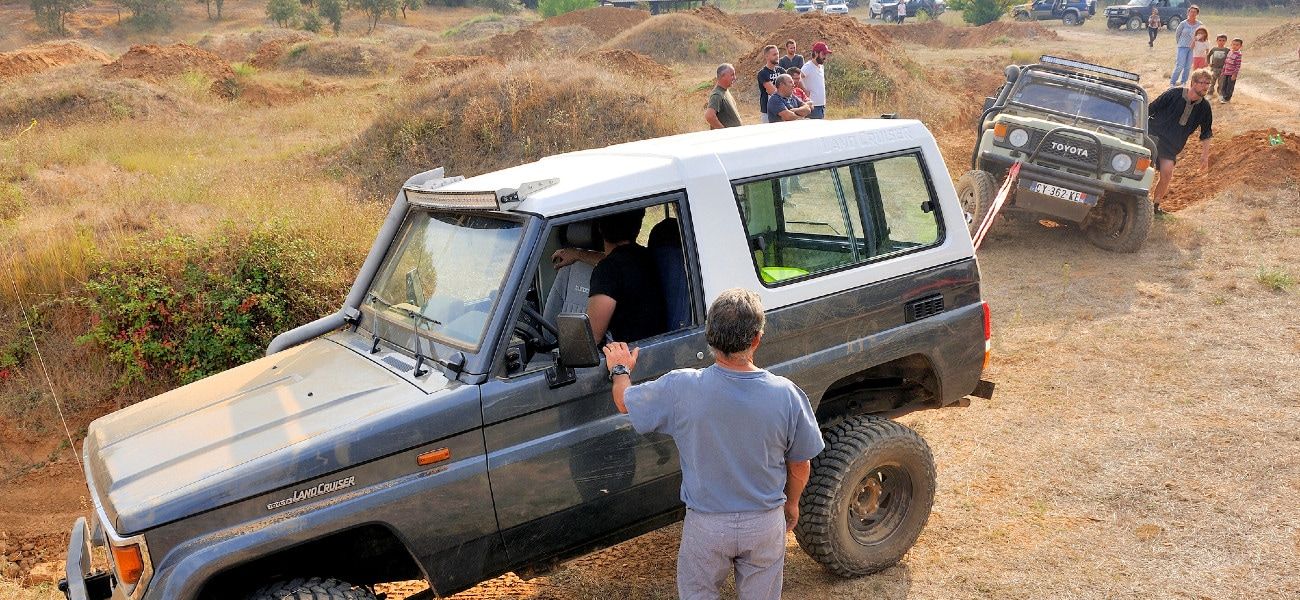
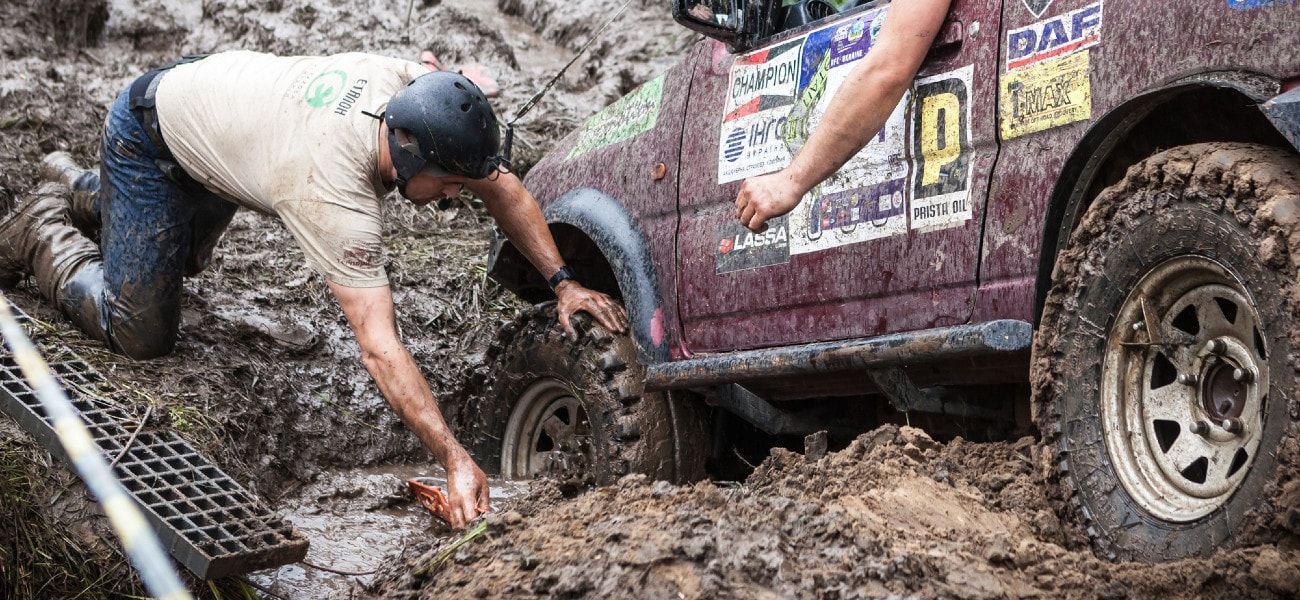
Good on you Louis for finding your way back!